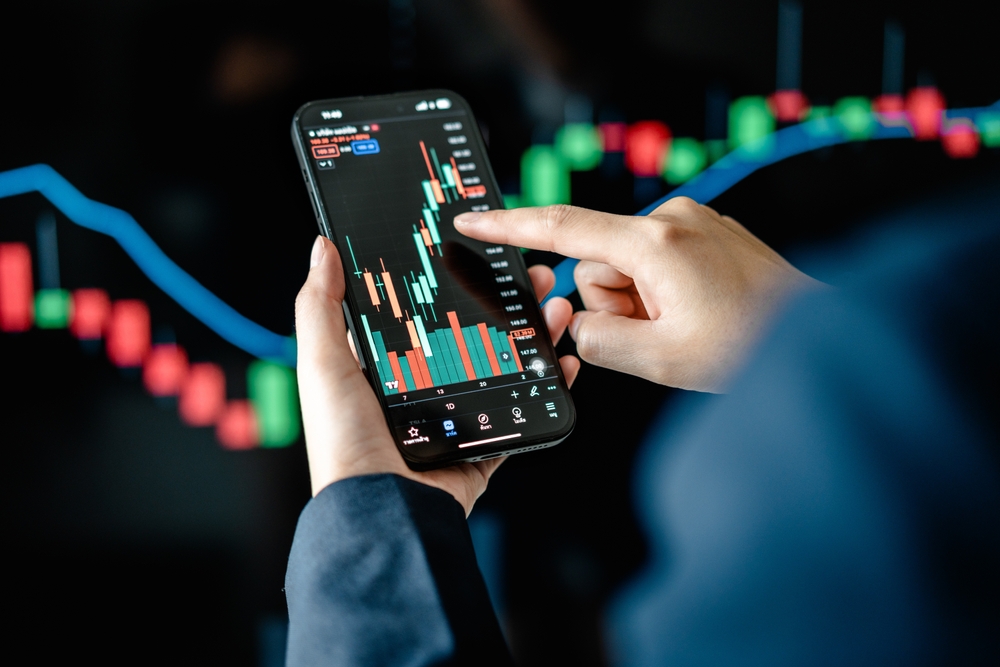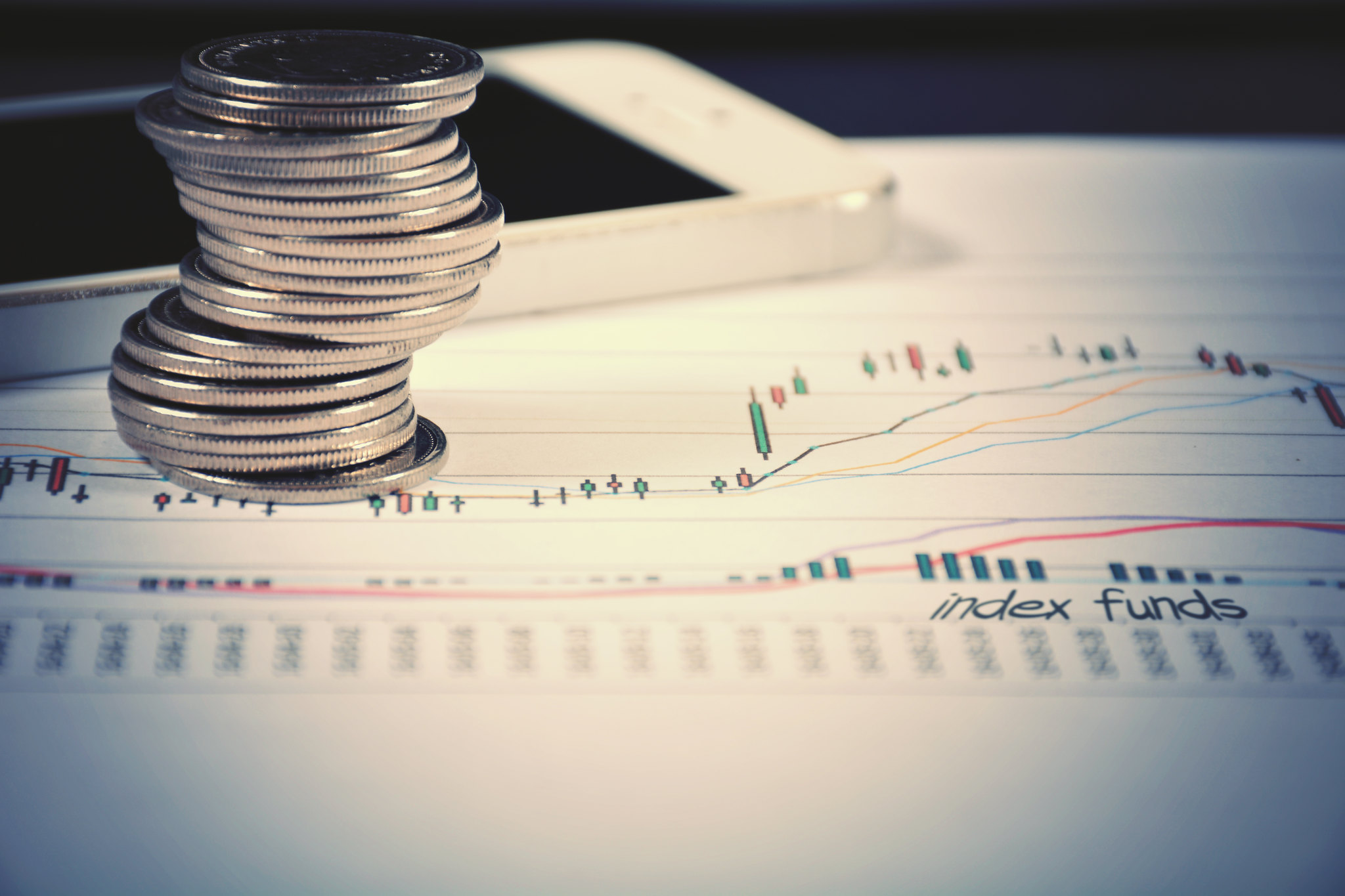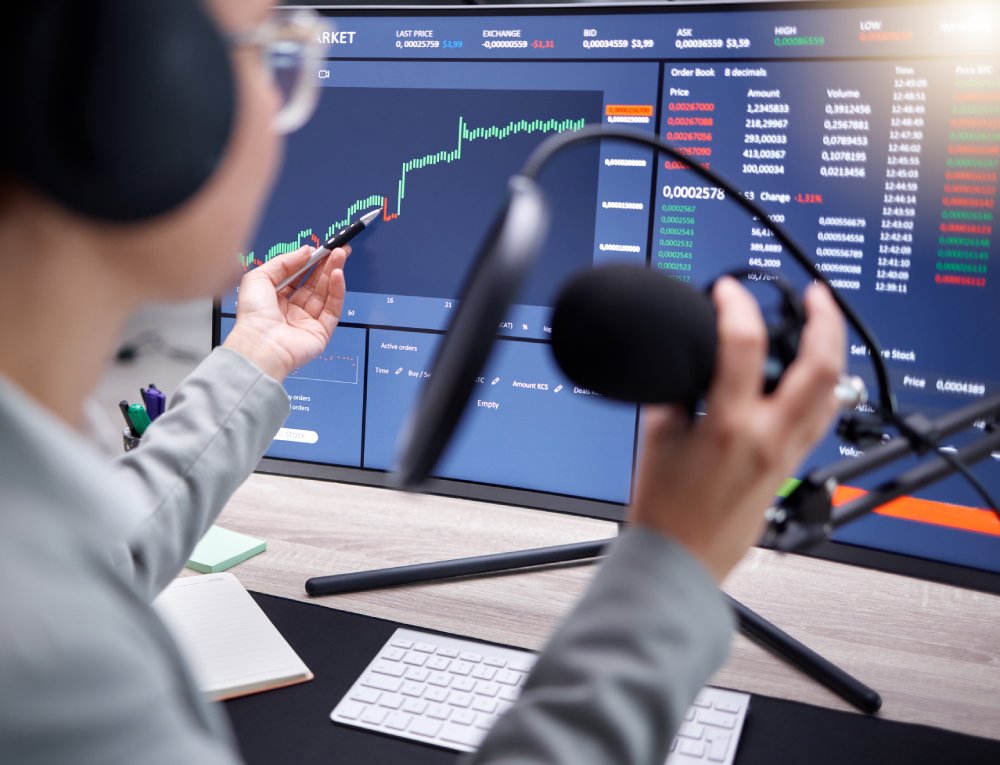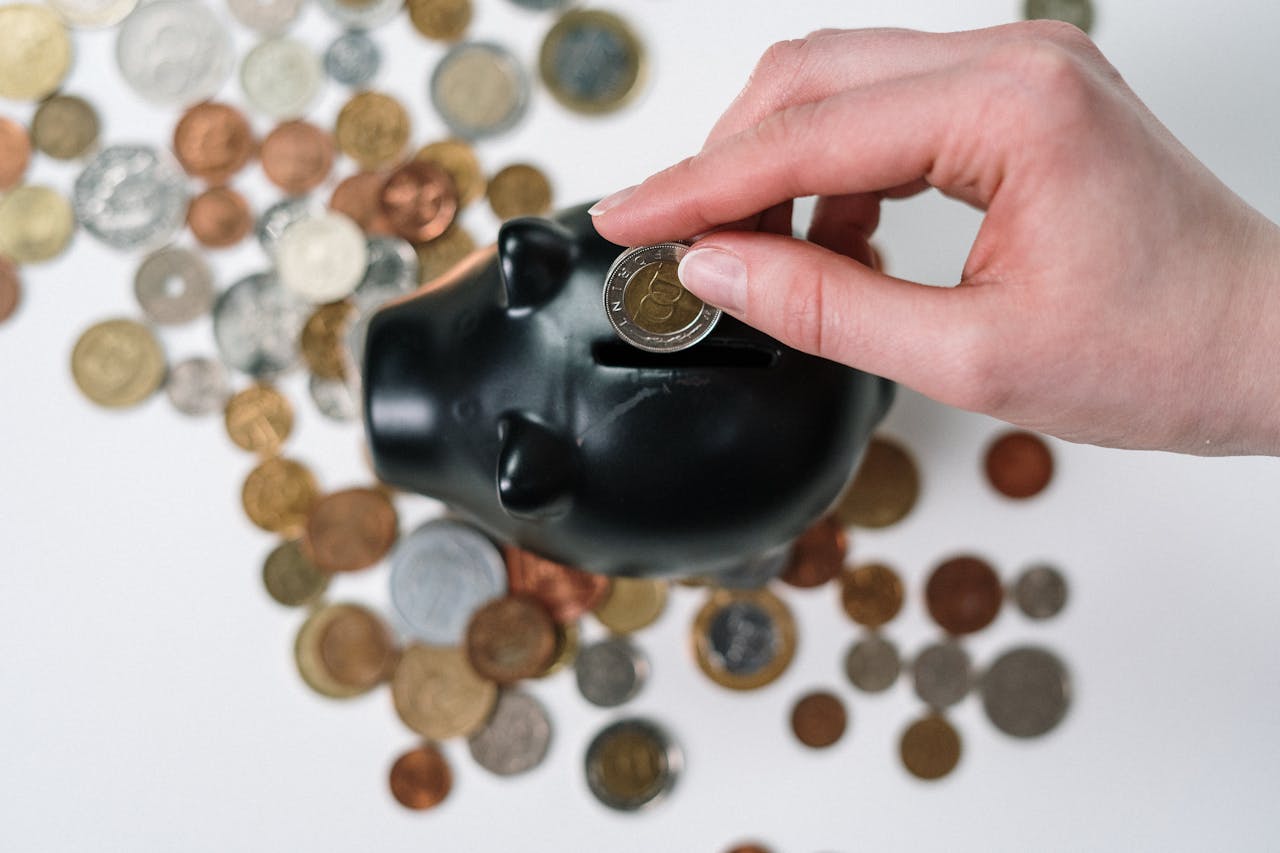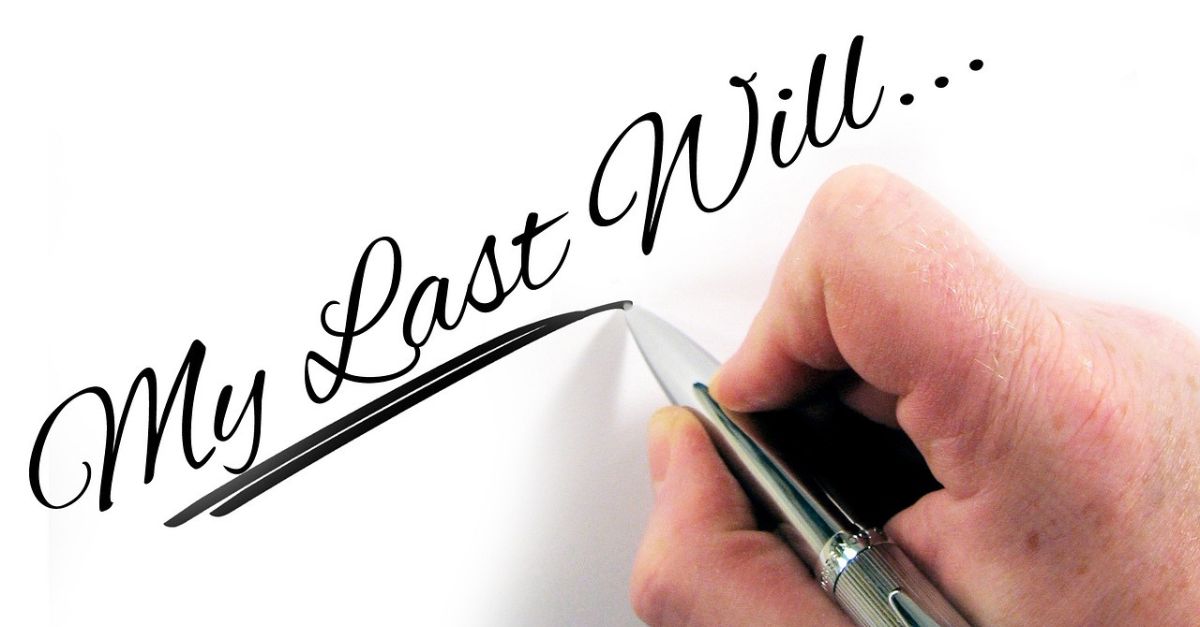Got A Grand? Here's How To Turn It Into Much, Much More
If you've been saving for a while and finally have $1,000 in your bank, congrats! But how can you turn that $1,000 into $5,000, or even $10,000? Let's go over some tips on how to turn your initial $1,000 into financial security to last a lifetime.

How To Save $1,000
Perhaps you're not quite on your journey to investing for the future yet and are instead trying to find ways to build up a "starter" emergency fund of $1,000. Typically, financial experts say you should have between 3 to 6 months of expenses in a fully-funded emergency fund, but $1,000 is a good start.
Begin By Culling Unnecessary Expenses
Maybe you decide to treat yourself once a month to a new pair of shoes or an expensive meal out for you and your family/significant other. Instead, you could hold off on those expensive "treats" for a few months and divert that money into a savings account. Say that your meal out every month is $200—putting that off for just five months will give you $1,000 in your savings account.
Create A Zero-Based Budget
Zero-based budgeting gives every dollar you make a purpose. Using zero-based budgeting, you should have zero dollars left over at the end of every month—but ensure that every dollar has been used positively, either saved or invested. By setting a $1,000 savings goal, you can ensure that your zero-based budget allocates a certain percentage of your paycheck toward this.
Automate Your Savings
As part of this zero-based budgeting approach, you can allocate money to be automatically transferred to a savings account as part of your payday routine. By automating your savings, you won't have to think about setting money aside from each paycheck, reducing the risk that you'll decide to spend the money on something else. Out of sight, out of mind.
Investing $1,000 For Maximum Growth
Once you've finally saved up $1,000, you can start thinking about how best to invest it to let it grow over the course of months, years, and decades. Before you start, you should ask: What do I want this money to be for? If you're investing for retirement, then your timeline is likely decades. If you're investing for a home or car, then you're likely looking at years-long investments.
What If I Have Short-Term Investment Goals?
If you've got short-term investment goals, then consider investing your $1,000 in a high-yield savings account, or HYSA. These often include short-term incentive interest rates of 3-5% for the first three months when you move money into the account.
Medium-Term Investment Options
Depending on your investment timeline and the purpose of your money, you may be better off putting your $1,000 into a medium-term investment vehicle, like a one-, two-, or three-year certificate of deposit, or CD. These investment accounts are guaranteed by the Federal Deposit Insurance Corporation (FDIC) and both the principal amount and the interest is guaranteed. Typically, the interest amount is lower than investing in longer-term options like the stock market.
Retirement Investment Options
If a long-term, maximum-growth investment is your goal with your money, let's go over the best long-term options to make your $1,000 go further and work harder for you, possibly setting you up for retirement in the coming decades.
Invest Your $1,000 Within A Retirement Account
Investing $1,000 within a retirement account is a great way to jump-start your retirement savings. It's important to note that a retirement account is simply a vehicle for you to invest within. We suggest opening a Roth IRA over a traditional IRA, as the income (and growth within the Roth IRA) is tax-free, whereas you pay taxes upon withdrawal with a traditional IRA account.
Invest Within An Employer-Matched IRA
If your employer offers IRA-matching, this should be your primary investment you make with your $1,000, as your employer will match the money you put in dollar-for-dollar—so your $1,000 becomes $2,000 instantaneously!
Investing In Stocks
Buying stocks gives you small ownership shares in companies, and your potential profits will go up and down in conjunction with the performance of the company's stocks. For example, if Apple does well and you're invested in it, the money you make will increase. Or, if it does poorly, you could possibly lose money. Investing in single stocks generally carries higher risk than a more diversified portfolio.
Investing In An Index Fund
Index funds are low-cost investment options that might be perfect for your long-term goals, particularly with a relatively low amount of $1,000. Certain index funds mirror the performance of US stock market funds like the S&P 500, NASDAQ Composite, or the Dow Jones Industrial Average. Depending on the fund you buy, you'll have your money in many different companies, from tech to pharmaceutical to financial institutions, both in the United States and around the world.
Investing For Dividend Income
A dividend is a fixed-income amount that you're paid by a stock each month, quarter,or year. This can generate a regular stream of income that can set you up for retirement by putting more money in your bank account each month. Among the highest earners in this category are real-estate investment trusts (REITs) or stocks within the energy industry, like Enterprise Product Partners.
A Slightly Riskier Option: Value Investing
Unlike investment options with a long-term track record of growth, like the S&P 500 index fund, value investing is slightly riskier and more speculative. It assumes that the stocks you invest in will rise in value over time, when the market recognizes the stock's potential and adjusts for it. This is another long-term option but holds more risk, as the stock may not perform as well as predicted.
The Highest Risk-Reward Investing: Growth Stocks
If you're not averse to high-risk investments, then put your $1,000 into growth stocks, which are stocks that are focused on companies that have experienced better-than-expected returns in the stock market recently and are predicted to outperform the stock market in the long-term.
Before You Invest: A Penny Saved Is A Penny Earned
Before you invest your $1,000, see if you have any outstanding debt payments that could be taken care of with that money. If so, we don't recommend that you invest in anything until that debt is paid off—with the exception of your mortgage. Take that $1,000 and pay off your debt. Once you pay it off, you won't have to worry about the debt any further and you can re-start your $1,000 savings plan.
How Would You Invest $1,000?
Now that you've read our advice on how to invest $1,000, tell us how you would invest that money. Are you attacking high-interest debt first, or investing in a short-term option? Or are you putting your $1,000 into the S&P 500 and letting it work for you? Let us know in the comments.
You May Also Like:
The Downsides Of Early Retirement That Nobody Talks About
Warren Buffett's Best Middle-Class Money Advice
Money Advice From A Shark Tank Superstar
Sources:












